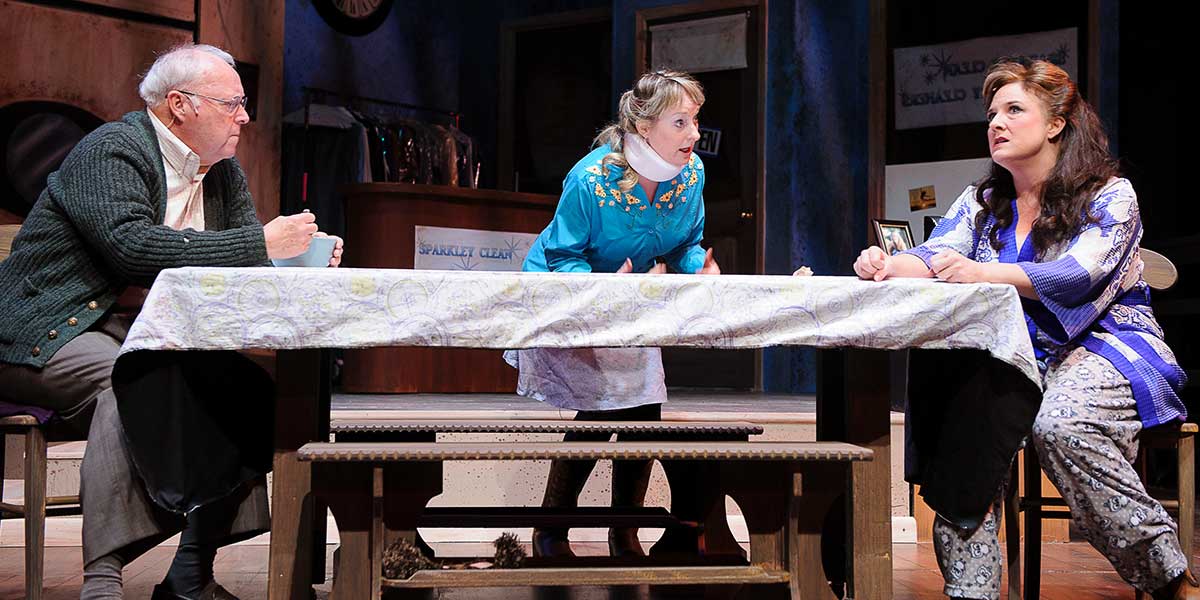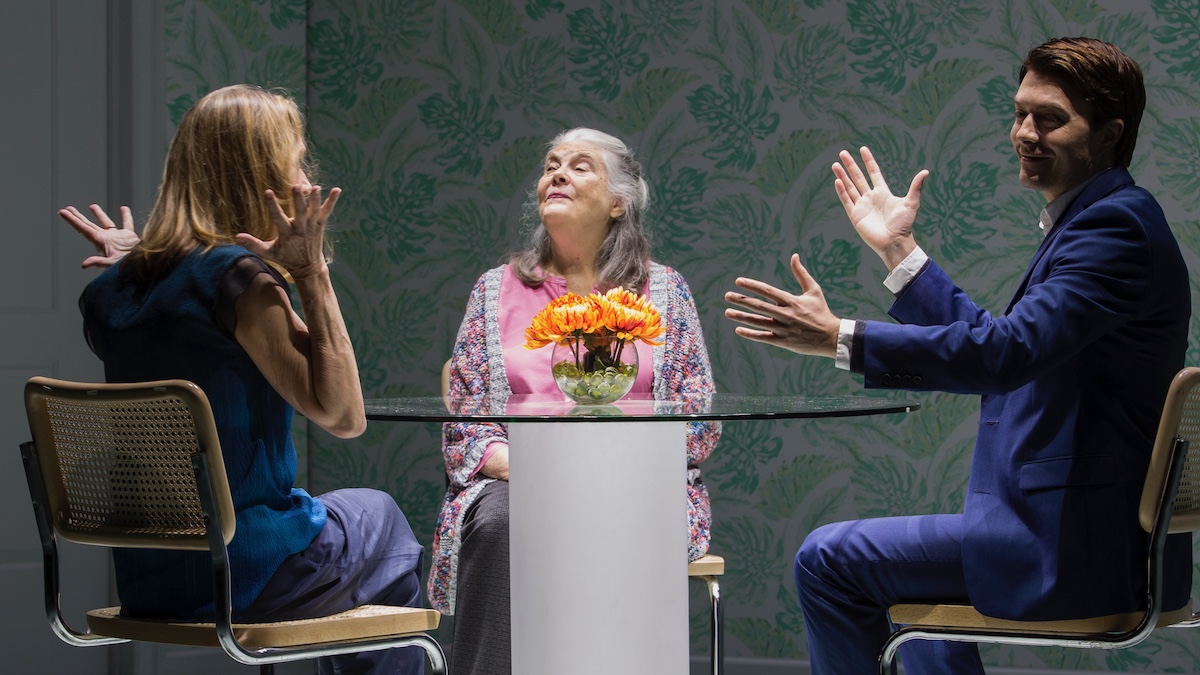
What do Lady Macbeth, Hamlet, Hamilton, Willy Loman, and Blanche DuBois all have in common? They are all great characters. The ability to write unforgettable characters is key to being a playwright. Ultimately, it is the recognizable yet surprising and unique character that leads our readers or audience forward. I began writing my first musical, Barbara’s Blue Kitchen, because I was regularly intrigued by the “why” behind behavior. Why do people do the things that they do? I was so intrigued, in fact, that I kept a running list of interesting character ideas and traits that I was interested in exploring. For example, a friend’s ex had asked her to take care of his dog while he was out of town with his new gal. This stuck with me, and the next thing I knew I was penning the comedic song “If You Won’t Take Care of My Fish, Will You at Least Take Care of My Heart (While I’m Gone?).” To build a fully fleshed out character, however, is not always easy. Characterization is a combination of sociology, physiology, and psychology. These three areas come together to form your character. But as Robert McKee writes in his book Story, “True character can only be expressed through choice in dilemma. How the person chooses to act under pressure is who he is — the greater the pressure the truer and deeper the choice to character. The key to true character is desire… A character comes to life the moment we glimpse a clear understanding of his desire — not only the conscious, but in a complex role, the unconscious desire as well… Behind desire is motivation. Why does your character want what he wants?”
Keeping all of this in mind and to improve my character writing, I created a list of questions and character-based writing exercises that I still use to this day when playwriting and when teaching my Writing Great Characters class online for New York University. Writing detailed, compelling characters is important because no matter how great the plot or story, the hero of your play is the audience’s way into the world you are creating/have created. What do your characters do? Why do they do what they do? How does your character view him or herself? We are all individuals through our specific experiences. In her book To Be a Playwright, Janet Neipris states that “people carry the past on their backs.” That said, no one enters into any situation as a blank slate. Everything we’ve ever experienced or felt informs our each and every decision. This is true for our characters as well. Just as each person has a one-of-a-kind fingerprint, great character writing boils down to specifics, the specifics of a life that leads up to the moment your character enters the world of your play.
This is why great character writing has everything to do with finding and trusting your unique writing voice. Every playwright has a singular writing voice. The trick is creating an environment where your inner critic can’t talk you down or away from simply writing. This is why, when I teach, I often ask the writers to feel their own feelings before asking them to let their character feel. Because your inner life, the core of your being, is at all times unique, at all times compelling, and at all times struggling toward a goal. This is the human condition. So in order to bring your characters to life without being derivative of other writers, it is good to write from your deepest self. As you write, it’s important to keep a journal of what moves you, what interests you, and why. These are breadcrumbs leading to what makes you tick, and as you discover what makes your characters tick it’s always a good idea to start from a place of feeling, your feeling, rather than a blank page. It is not necessary to manufacture feelings. Simply go back to a time when you felt the emotion you’d like your character to feel. Write for a few minutes about the events that created that emotion within you, breathe into the feeling, and then give it wholeheartedly to your character. It’s empowering and powerful to start from your own self because your inner life is a constant source of story. At all times your voice is at work; it’s the voice you hear in your head, it is every experience you’ve ever had, both good and bad. This is where your greatness lies. It’s your brilliant plot or story idea being fed by your pain, hope, ambition, jealousy, anger, love, want, and desire. Everyone has a story, but it’s the getting the story out and onto a paper or into your computer in a cohesive, compelling way that needs great care and ritual. You have an inborn way of talking, thinking, and processing the world. It’s all yours because you are the one who has lived your life. This can potentially open worlds to you that no other person can open/create.
I began writing my musical The Sparkley Clean Funeral Singers while a family member was going through chemotherapy. No wonder I wrote about funerals; my world felt out of control and overwhelming. But rather than just sit around feeling powerless, I began writing from my grief. A scene about two disparate characters that sang at funerals emerged. After writing that first scene, I started asking myself questions like, “What is a funeral singer? Why are these characters funeral singers? What kind of songs do they sing?” Before long, I knew that the two women were sisters who had lost their record deal when the lead-singer alcoholic sister had crashed their tour bus into a pet store. And the other sister was the back-up singing sister who had gotten them a gig singing funerals in the hope that it would lead to their ultimate career comeback.
Lashley: You can’t come back as a country singer after you’ve gone and killed puppies.
Junie: Of course you can. Country music is built on drunken, jail-time-serving cheaters makin’ their musical comeback!
The first funeral song I wrote (“St. Peter if You’re Listening Tell Arthur Reid Hello”) told me that I had somehow managed to turn my personal fear into a comedy. And thankfully, my family member recovered. After that, I teamed up with co-composer Don Chaffer and we embarked on what has been a laugh-filled, wonderful journey.

Plays About Technology

Newly Available for Licensing – December 2025 (US)

